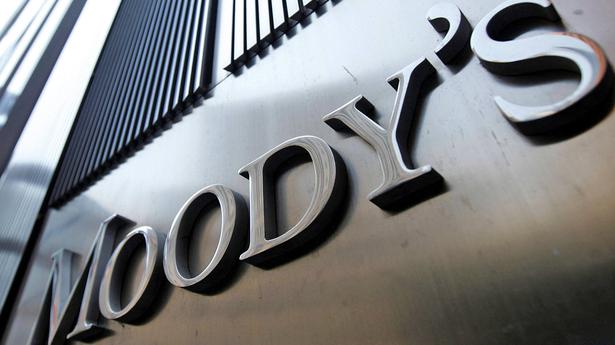
Global credit conditions more negative amid rising borrowing costs, slower economic growth: Moody's
The Hindu
It said the surge in energy and food costs spurred by the conflict in Ukraine is weakening the purchasing power of households, raising input costs for companies and dampening investor sentiment.
Moody's Investors Service on June 30 said global credit conditions have turned more negative amid rising borrowing costs, protracted Russia-Ukraine conflict and slower economic growth. It said the surge in energy and food costs spurred by the conflict in Ukraine is weakening the purchasing power of households, raising input costs for companies and dampening investor sentiment.
“Among sovereign debt issuers, debt sustainability will be especially challenging for many frontier market sovereigns as their borrowing costs climb, while their economies still have not fully recovered from the COVID-19 pandemic crisis,” it said.
"Global credit conditions have turned more negative and will be tighter for the rest of the year amid rising borrowing costs, the prospect of a protracted military conflict between Russia and Ukraine, materially slower growth of the world economy, surging prices for energy and commodities, renewed supply-chain disruption and increased financial market volatility," Moody's said in a report.
As central banks in many countries start to raise interest rates in response to high inflation, financial market conditions are in the midst of a synchronised tightening across continents. "Financial conditions will continue to tighten as interest rates climb," the U. S.-based rating agency said.
In May, Moody's cut the economic growth forecast for G-20 economies to 3.1% for this year and 2.9% for next year, compared to its March projections of 3.6% and 3%, respectively.
"As inflation remains stubbornly high, central banks across both advanced and emerging market countries will continue to raise interest rates to prevent a further build-up of inflation expectations," Moody's said.

Air India has signed an agreement with Bengaluru Airport City Limited (BACL), a subsidiary of Bangalore International Airport Limited (BIAL), to develop a built-to-suit facility for the AME program that will feature modern classrooms, well-equipped laboratories for practical training and a team of qualified trainers.










